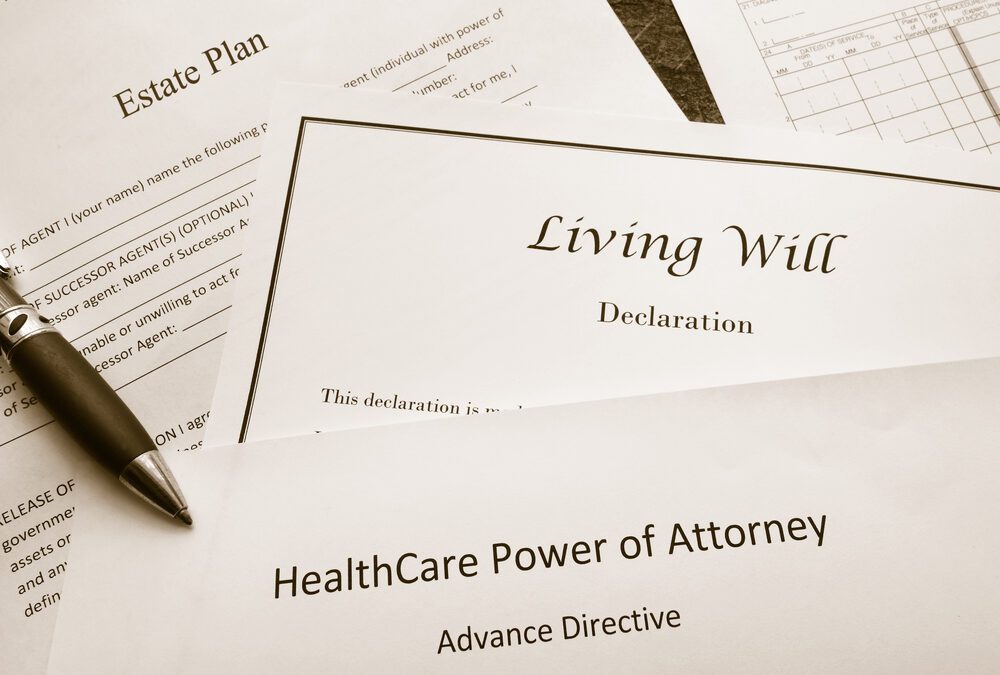According to recent news, 104-year-old Australian scientist, David Goodall, will end his life through euthanasia on May 10. The 104-year-old is flying from Australia, where euthanasia is illegal, to Switzerland to accomplish his wishes.
Botanist and ecologist David Goodall is traveling to the Life Circle clinic in Basel, Switzerland, accompanied by a nurse from pro-euthanasia organization Exit International, the group’s founder said. Born in London in April 1914, months before the outbreak of World War I, Mr. Goodall is a well-respected professor who has held academic positions around the world. Mr. Goodall had recently attempted to take his own life but ended up waking up in the hospital where the doctors’ judged he was a risk to himself. He was only discharged after an independent psychiatric review commissioned by his daughter.
Speaking on his 104th birthday, Mr. Goodall said if he had one birthday wish it would be to die. “No I’m not happy. I want to die… It’s not sad particularly, what is sad is if one is prevented (from dying),” he told Australian broadcaster the ABC.
The question of whether people should be able to legally seek help to end their lives is a subject of intense debate around the world. Seven US states have various forms of euthanasia also known as physician-assisted suicide. New Jersey does not allow physician-assisted suicide although bills are proposed periodically which would authorize same.
New Jersey, however, has extensive laws regarding advanced health care directives, proxy appointments and living wills. An advance directive is a legal document that you can complete on your own which can help ensure your preferences for various medical treatments are followed if you become unable to make your own healthcare decisions. Also, New Jersey allows patients to indicate their preferences regarding life-sustaining treatment through the Practitioner Orders for Life Sustaining Treatment (POLST) form which also addresses a range of life-prolonging interventions. If a patient does not have these directives in place then, in some instances, a Court may decide on the proposed medical intervention, treatment plan or withdrawal of life support.
In order to control your own destiny, to the extent currently allowed by New Jersey law, it is important to have health care documents in place so that your wishes will be carried out by your loved ones and the medical professionals involved in your care.
Christina Hardman-O’Neal is an estate planning attorney at the our firm.













